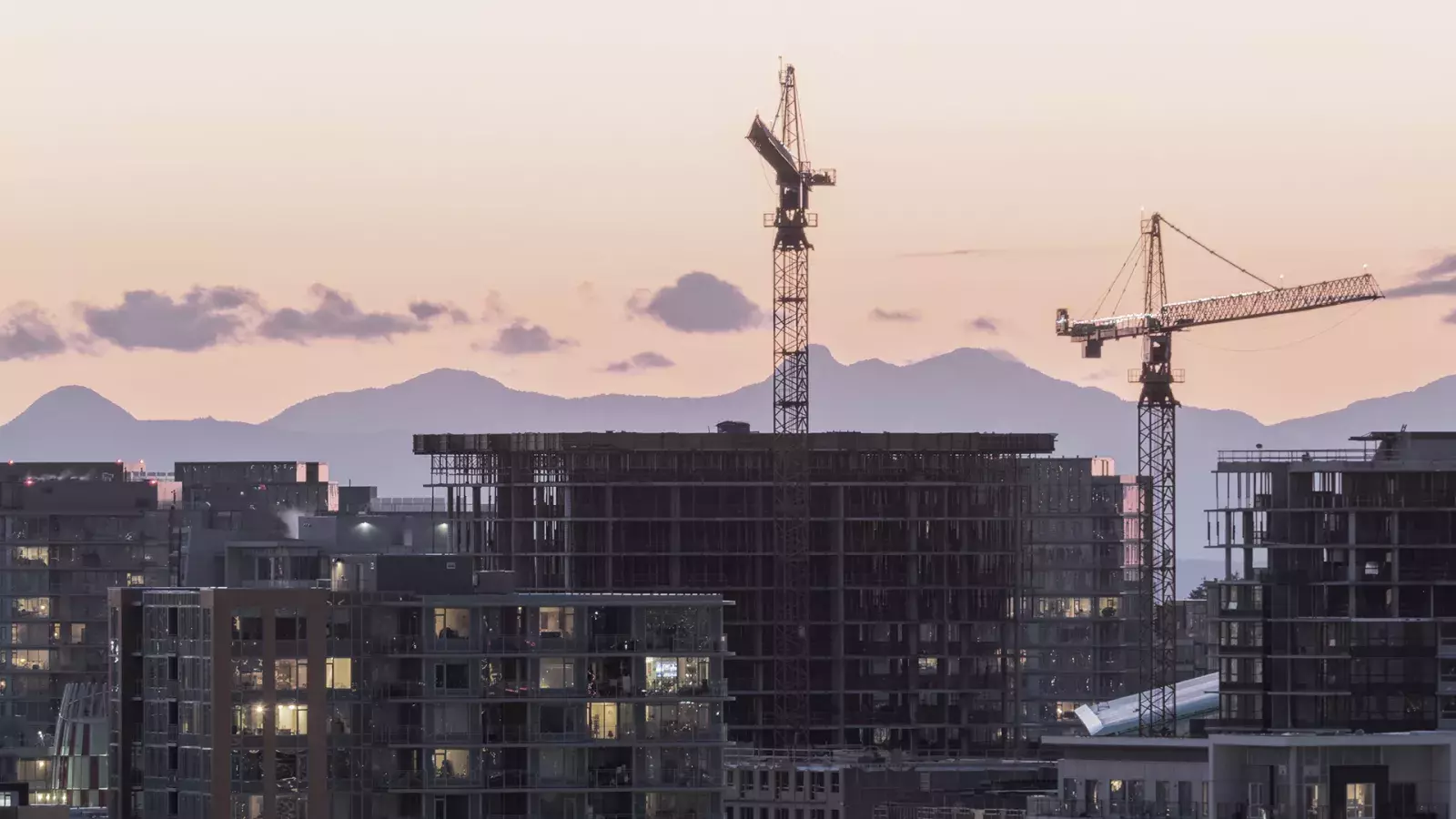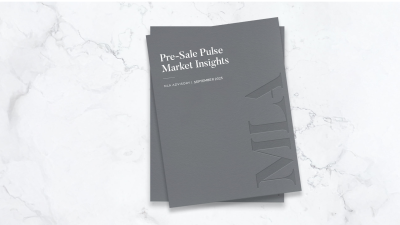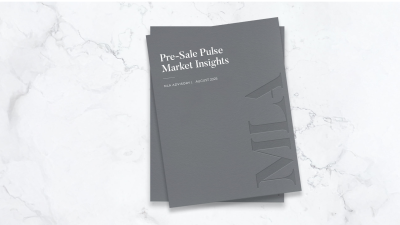In the ongoing discourse surrounding housing scarcity and escalating costs, a critical aspect often remains obscured from the public eye. Amidst the myriad of opinions and potential solutions, there lies a complex web of charges imposed by various levels of government on new housing development. These hidden fees play a pivotal role in shaping the steep prices that dominate not just specific regions but also reverberate across the nation, with major hubs like Toronto and Vancouver bearing the brunt.
While many voices propose solutions to the housing challenge, the intricate financial landscape sculpted by governmental bodies remains a less explored topic. A comprehensive analysis undertaken by the Urban Development Institute (UDI) in Vancouver, revisiting their groundbreaking 2018 report, uncovers a surprising revelation. The conventional narrative, which often attributes escalating housing costs solely to profit-driven developers, gets a significant revision. The UDI's thorough examination of taxes and levies exposes an inconvenient truth: the very institutions that often point fingers are covertly contributing to the price surge.
Picture this scenario: an 800-square-foot condominium in Vancouver, circa 2023, boasting a staggering price tag of $1.12 million. Hidden beneath this impressive sum lies a medley of charges that collectively weave a complex tapestry of expenses. From building permits priced at $1,376 to development permits at $3,992, and from the substantial Empty Homes Tax (a whopping $60,000 if the unit remains unoccupied for an extended period) to development cost levies totalling $28,368, the composition is intricate and far-reaching.
The supplementary fees are equally astounding—a compilation of charges adding up to a substantial $290,422 per unit during the construction phase, soaring to $327,565.53 upon sale. The sobering fact? These concealed levies account for approximately 29.25 percent of the condo's theoretical cost. Contrasting this with historical eras of housing expansion reveals a striking difference; the idea of allocating a quarter of a property's value to fees and taxes would have been unthinkable.
While immediate scrutiny of these figures might trigger concern, it's vital to recognize the necessity of certain charges. Financing infrastructure projects is a fundamental aspect of community growth and well-being. Nevertheless, it's important to acknowledge that these levies don't encompass the rising costs of labour, materials, fuel, and the evolving demands of sustainable construction. Additionally, the steady appreciation of land values underscores the reality that cities like Vancouver are unlikely to achieve housing affordability.
Zooming out, policymakers responsible for these financial aspects must transcend the simplistic belief that an increase in supply alone will alleviate the housing crisis. The current trajectory, in simple terms, will not provide a solution. While the expedited construction of housing units may offer accommodation, they remain financially viable primarily for the more affluent or those pushed to the brink by hefty mortgages or family support.
Hoping for a substantial reduction in the financial burden associated with housing seems unlikely within the existing framework. Governments, reliant on these revenue streams to fund essential services, are reluctant to relinquish their hold on this source of income. Consequently, the populace becomes inextricably linked to this revenue for the continuation of crucial services.
This perspective doesn't seek to garner sympathy for the "wealthy developer." Instead, it is a clarion call to acknowledge that they aren't solely responsible for the present market turbulence. Ironically, the very voices most vocal about inflated housing costs—the politicians themselves—hold a considerable role in shaping these circumstances. Thus, the focus shifts, illuminating the often-neglected interplay of forces fueling the real estate puzzle.
Source: Adapted from "The part of our housing conundrum politicians don't want to talk about" by Gary Mason, published in the Globe and Mail.



